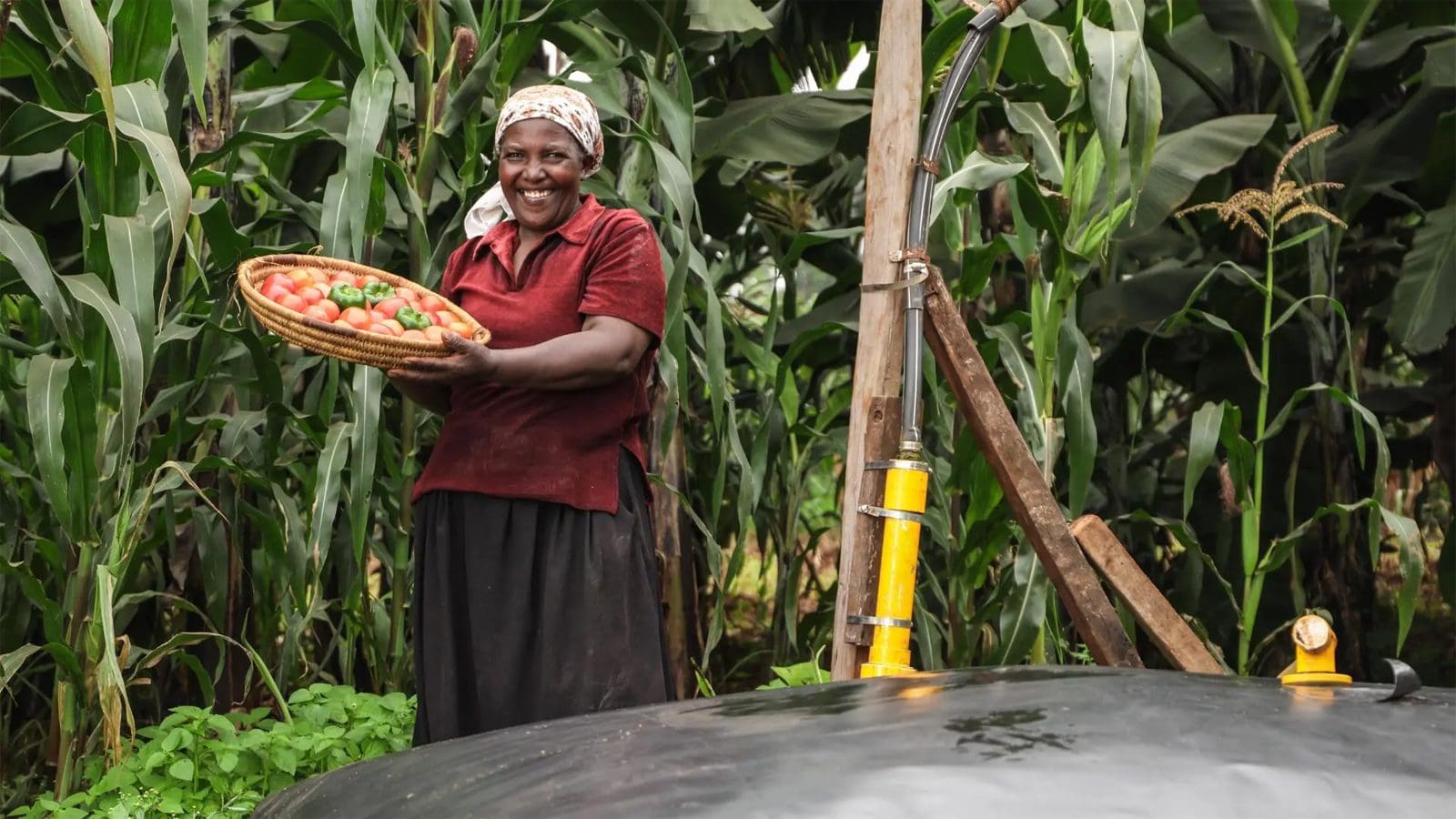Introduction
South Africa’s milestone achievement in producing a Local Vaccine for cholera has been widely recognized as a turning point in public health and scientific innovation. For the first time, the country has manufactured a cholera vaccine entirely within its borders, showcasing its growing biotechnology capabilities and medical independence. This development reduces reliance on foreign suppliers and allows faster, more reliable access to lifesaving vaccines during emergencies. The Health Minister praised the achievement as a bold step toward strengthening national health resilience. This article explores how the breakthrough improves disease preparedness, supports regional cooperation, and expands South Africa’s role in global medical innovation.
Local Vaccine Milestone: A National First for South African Manufacturing
The production of a Local Vaccine represents a historic first in South Africa’s medical manufacturing history. Previously, all cholera vaccines were imported, creating challenges when global demand surged or shipping delays occurred. Local manufacturing now allows South Africa to take control of production timelines, quality standards, and availability. The vaccine was produced using advanced laboratory processes and oversight from experienced pharmaceutical teams. This achievement highlights the country’s progress in scientific research and its readiness to develop more complex vaccines in the future. The milestone brings national pride and demonstrates that South Africa can compete with global scientific standards. It is more than a medical accomplishment—it is a symbol of national capability and long-term health independence.
Local Vaccine Science: How South African Experts Built the Breakthrough
Developing the Local Vaccine required detailed scientific planning and collaboration. Researchers conducted multiple stages of testing to ensure the vaccine met international quality benchmarks. Advanced biotechnology techniques were used to enhance safety and effectiveness while allowing the vaccine to be produced efficiently. Teams worked in specialized laboratories equipped with modern tools for quality control, testing stability, and ensuring purity. Collaboration with global health experts supported the scientific process, while local institutions provided essential infrastructure and mentorship. Through these combined efforts, the vaccine was brought from research concept to real-world production. The achievement reflects strong scientific leadership within the country and proves that South African researchers can design medical solutions that align with global standards.
Local Vaccine Access: Faster Supply During Disease Outbreaks
One of the most valuable benefits of the Local Vaccine is the ability to distribute doses rapidly during cholera outbreaks. Imported vaccines often arrive late due to global demand, transportation delays, or limited stock. When outbreaks occur, countries need immediate access to vaccines to contain the spread. Local manufacturing removes waiting times and ensures that emergency supplies can be mobilized quickly. This improved access helps health teams respond before outbreaks grow larger. Local production also makes it possible to plan national vaccination campaigns more effectively, with predictable delivery schedules and stable supply levels. Faster access strengthens public confidence in health systems and reduces the impact of disease in high-risk communities.
Local Vaccine Stability: Reducing Pressure on Global Supply Chains
Producing a Local Vaccine significantly reduces South Africa’s dependence on global supply chains, which can be unpredictable during international health crises. When global outbreaks increase demand, developing countries often receive fewer doses or face long delays. Local manufacturing protects South Africa from these disruptions by ensuring a consistent supply regardless of external pressures. It also supports smoother planning for vaccination campaigns and reduces last-minute shortages. Stable production helps health teams maintain readiness and distribute vaccines based on real-time national needs. This independence is critical for long-term health security. By reducing reliance on foreign suppliers, South Africa strengthens its resilience and ensures that communities receive reliable access to lifesaving medicine.
Local Vaccine Partnership: Collaboration Behind the Innovation
The creation of the Local Vaccine was made possible through strong collaboration between universities, laboratories, government agencies, and pharmaceutical manufacturers. Academic researchers led early testing phases, while advanced laboratories supported safety trials and formulation work. Pharmaceutical partners contributed manufacturing expertise and regulatory compliance. Government agencies provided guidance, oversight, and funding support to move the vaccine from concept to production. Each group played a critical role in ensuring the final product met safety and quality standards. The collaborative environment strengthened trust across institutions and demonstrated the benefits of combining academic knowledge with manufacturing experience. This teamwork model will likely serve as the blueprint for future medical innovations in South Africa.
Local Vaccine Recognition: Government Leaders Celebrate the Breakthrough
South Africa’s Health Minister praised the Local Vaccine achievement as a major victory for national health security. He recognized the dedication of scientists, technicians, and research institutions who worked for years to make the breakthrough possible. According to the Minister, the vaccine symbolizes South Africa’s growing ability to produce essential medicines independently. Public leaders also highlighted that local vaccine manufacturing helps protect the country during emergencies, improves health affordability, and strengthens national pride. Their recognition encourages further investment in scientific research and creates momentum for new medical projects. The positive response underscores the importance of supporting local talent and innovation for long-term national progress.
Local Vaccine Economics: Strengthening the Local Health Industry
The economic benefits of producing a Local Vaccine stretch far beyond health improvements. Local manufacturing reduces import costs and helps the government save money that can be redirected to other health needs. It also stimulates economic growth by creating jobs in research, laboratory operations, manufacturing, packaging, and quality control. A stronger local pharmaceutical sector attracts investment and encourages innovation across related industries. The development of new skills and technology supports long-term economic stability. Local vaccine production is more cost-effective, sustainable, and resilient. Over time, these benefits help build a stronger national health economy and open pathways for South Africa to expand its pharmaceutical exports.
Local Vaccine Expansion: Potential to Assist Neighboring Countries
The Local Vaccine also has the potential to support neighboring countries facing cholera challenges. Many parts of Africa struggle to obtain vaccines due to global shortages and financial barriers. South Africa’s manufacturing capability could help provide regional support, strengthening health systems across the continent. With increased production capacity, South Africa can supply doses to countries that lack manufacturing infrastructure. This enhances regional cooperation and promotes shared public health goals. The possibility of exporting vaccines also positions South Africa as a central player in African medical development. By supporting surrounding nations, the country contributes to a healthier, more secure region and reduces the continent’s dependence on international sources.
Local Vaccine Future: Inspiring More Local Scientific Innovation
The success of the Local Vaccine marks the beginning of a new era of scientific innovation for South Africa. With established infrastructure and tested manufacturing processes, the country is positioned to create more locally developed vaccines for other diseases. Researchers are already discussing ways to expand their work into new areas of medical need. Government leaders support this momentum by encouraging investment in biotechnology and pharmaceutical research. The breakthrough inspires young scientists to pursue careers in public health and laboratory science. Over time, South Africa could become a leading center for African vaccine innovation. The future holds enormous potential for creating homegrown medical solutions that strengthen national and regional health security.
FAQs
Q1: What is the Local Vaccine recently developed in South Africa?
It is the first locally produced cholera vaccine, created through national scientific collaboration.
Q2: Why is the Local Vaccine important?
It improves emergency response, reduces costs, and strengthens national health independence.
Q3: How will the Local Vaccine benefit neighboring countries?
It can support regional vaccine supply and improve health preparedness across Africa.
Conclusion
The Local Vaccine marks a powerful step toward South Africa’s health independence and scientific growth. By producing a cholera vaccine locally, the country gains faster access, stronger readiness for outbreaks, and greater control over medical supplies. The breakthrough showcases the talent of local researchers and encourages future innovation in biotechnology. With continued investment and collaboration, South Africa can expand its role in regional and global health. This achievement demonstrates how local solutions can shape a safer and more resilient future for all communities.




